

Chinese President Xi Jinping kicks off his Middle East trip on Jan 19. As China’s first diplomatic event in 2016, analysts believe that it comes at the right time.
The three destinations chosen by Xi, Saudi Arabia, Egypt and Iran, are the most influential states in the Middle East, according to analysts, adding that they all maintain close ties with China in political trust and economy.
China shows its great attention to Middle East by choosing it as destination of Xi’s first overseas trip in 2016, Xue Qingguo, member of the Center for China-Arab States Cooperation Forum Studies said.
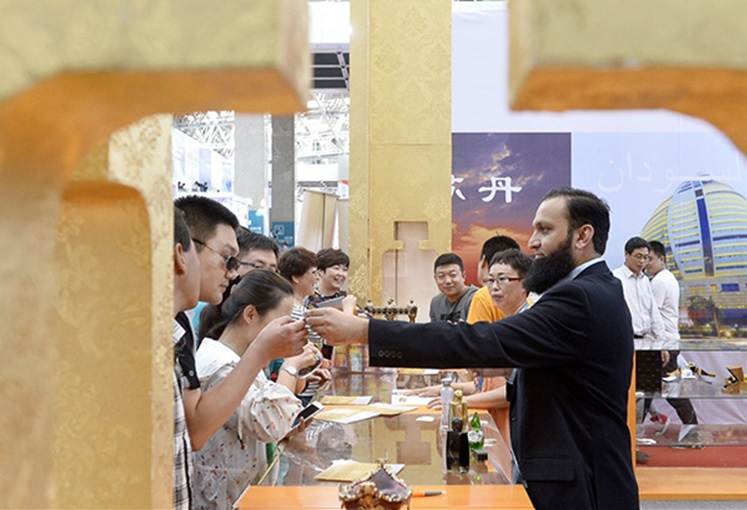
A Saudi Arabian trader promotes products at the 2015 China-Arab States Expo held in Yinchuan of China’s Ningxia Hui Autonomous Region on September 12, 2015. (Photo: Xinhua)
Hua Liming, former Chinese ambassador to Iran, UAE and the Netherlands, noted that since China planned an all-round diplomacy three years ago, Xi has visited five continents but left no footprint in Middle East.
“Xi’s visit to the three important Middle East states comes at the right time,” Li Shaoxian, an expert on Middle East studies in Ningxia University concluded.
Xi’s visit is expected to cement friendship, boost collaboration and beef up cultural exchanges, according to analysts.
Hailing the decades-long friendship between China and the Middle East despite the turbulence in global and regional arena, Hua said that it withstood the test of time.
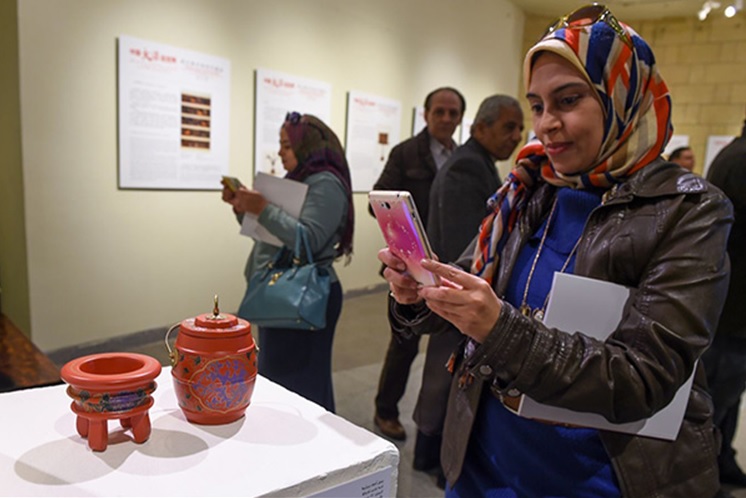
A visitor takes photos during the "Chinese Lacquer towards the World" exhibition, an exhibition of lacquer art collection from China's Hubei Museum of Art held in Cairo, Egypt on December 15, 2015. (Photo: Xinhua)
As the only major power maintaining friendship with all Middle East countries, China boasts a unique advantage, Xue noted. He further explained that given their sound ties in politics, economy and culture, China enjoys a good reputation in the Middle East, especially among Arabian states.
Such an intimate relationship also facilitates their mutually beneficial cooperation.
Middle East continues its undulation as it now needs to restructure its political landscape, transform its economy and society and re-balance geopolitical forces.
Against such backdrop, according to Li, China’s role has become more prominent in addressing Middle East issues. Xi’s proposal to build the Silk Road Economic Belt and 21st Century Maritime Silk Road will help restore and stabilize its economy.

An Iranian customer purchases stuffed monkey toys in Zhejiang Province, China on December 31, 2015. (Photo: Xinhua)
Cultural exchanges between the two cradles of world civilization are regarded as another highlight of Xi’s trip. China has been seeking more cultural dialogues with the region. Xi, for instance, once said that civilization only becomes more enriched through exchanges and communication.
In its recently-released first Arab Policy Paper, China also called for more cultural exchanges in religion, think tanks, media, tourism, youth and women.
“There is great potential in China-Middle East cultural exchanges. More dialogues will contribute to mutual understanding and world diversity,” Xue noted.
Day|Week

 SWAT members hold romantic wedding in E China
SWAT members hold romantic wedding in E China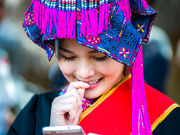 Breathtaking scenery and simple lifestyle in Hainan
Breathtaking scenery and simple lifestyle in Hainan Finding sexiest underwear supermodels
Finding sexiest underwear supermodels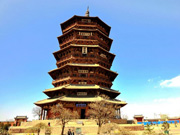 Top 10 ancient pagodas in China
Top 10 ancient pagodas in China Chinese version of Victoria's Secret Show held in Hunan
Chinese version of Victoria's Secret Show held in Hunan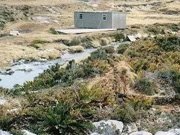 Can you find out the sniper hiding in camouflage?
Can you find out the sniper hiding in camouflage?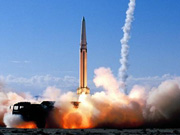 Spectacular rockets launch scenes
Spectacular rockets launch scenes Spectacular aerial photos of the Three Gorges
Spectacular aerial photos of the Three Gorges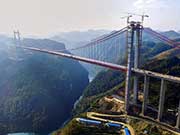 Admit it! That is a High-way built by China
Admit it! That is a High-way built by China Photos of Beijing Film Academy student hit the Internet
Photos of Beijing Film Academy student hit the Internet